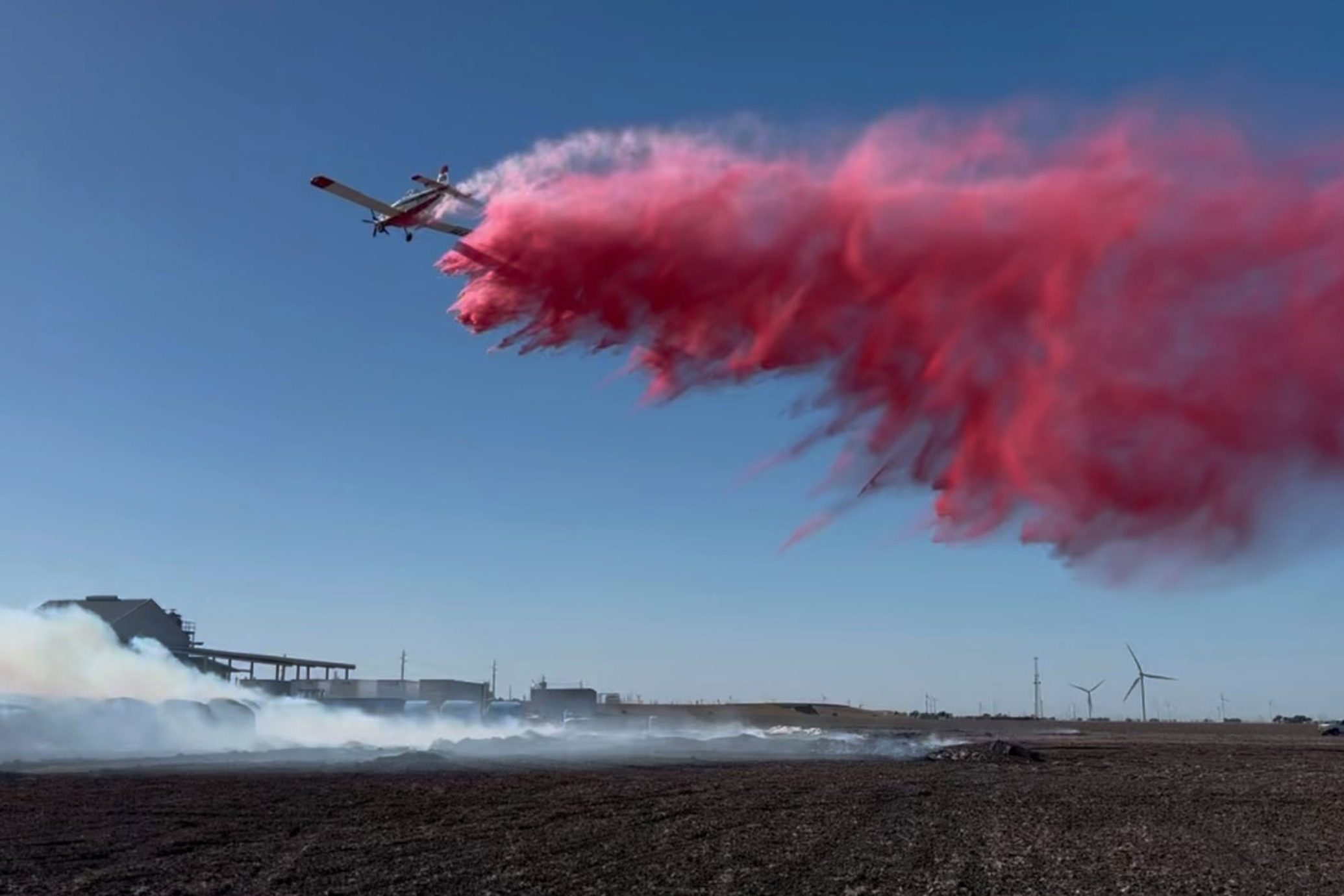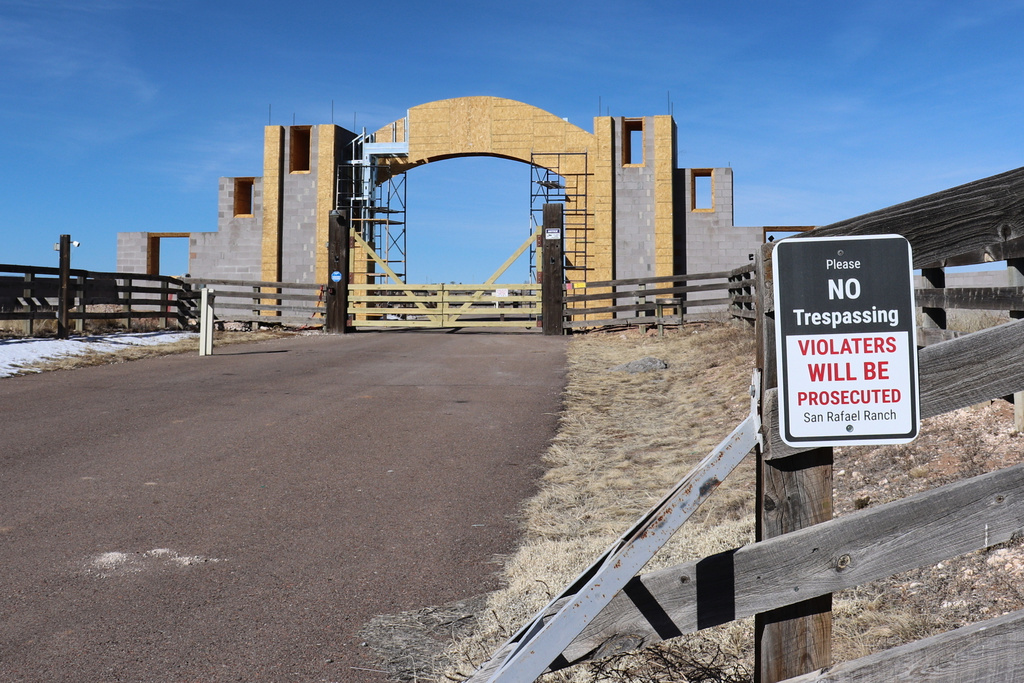The owner of Helping Hands for Furry Paws animal rescue in Butler County, Ohio, was issued an arrest warrant after a raid of her home led to the discovery of nearly 120 dogs, 30 of which were found dead in freezers on Friday.
The remaining 86 dogs were taken to the Animal Friends Humane Society of Butler County for evaluation and treatment.
Rescue owner Rhonda Murphy had been hospitalized and, at the time of publication, had not been taken into police custody.
Butler County Sheriff Richard Jones said the conditions were some of the worst ever seen by sheriff's deputies and dog warden investigators.
"Five sets of puppies. No food," Jones said. "This one was nursing other pups, and you can see ribs hanging out, so, pretty nasty stuff."

Why are custody battles over pets on the rise?
Forget the kids; more and more couples are going to court for custody of pets.
The conditions at Helping Hands for Furry Paws were completely different from Cincinnati Animal Care. Volunteers spent Saturday afternoon beautifying the property as 40 to 50 employees, like Ray Anderson, work daily to care for roughly 8,000 animals who pass through their facility annually.
"A lot of folks, they don't know the difference between a shelter and a rescue," Anderson said.
He said rescues can range from large operations dealing with hundreds of animals to a single person housing a couple of dogs off the street, but a person attempting to surrender their pet may never know what they're dealing with if they don't do their due diligence.
"Go some place where you can actually see the living conditions of the animals," Anderson said. "If someone is telling you they'll meet you at the Ikea parking lot or some other public space versus seeing how the animal is living, that would be a red flag for me."
If a person can't make a trip to see a property with their own eyes, Anderson suggested doing thorough research online.
He said reputable rescues should be posting recent pictures or videos of multiple animals around their facility, and the same should be true for any rescue's social media presence.
"Really, that's the big thing," Anderson said, "transparency."
Anderson said amateur rescues that get out of control usually start with the good intentions of helping animals in need, but become too much to handle.
He said shelters exist to help people before it reaches that point, and suggested people reach out to their local shelter before it reaches the point of criminality.
This story was originally published by Sean DeLancey for Scripps News Cincinnati.










